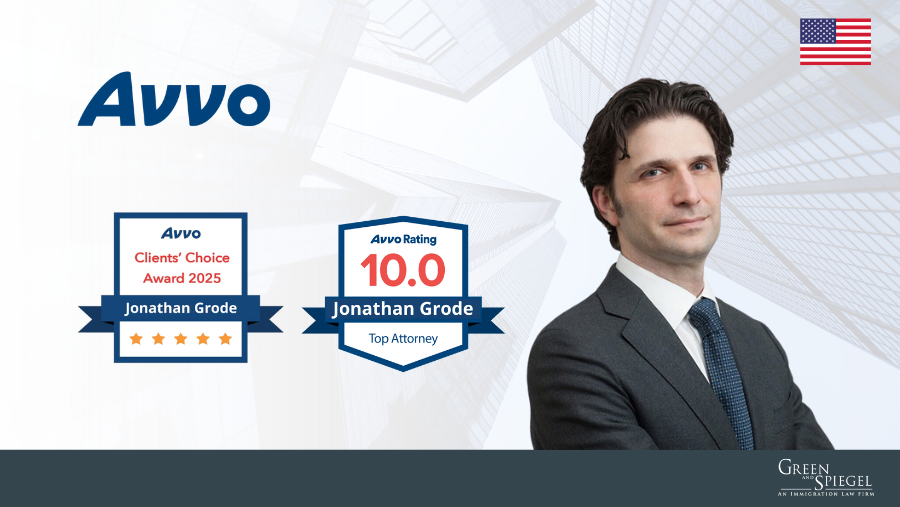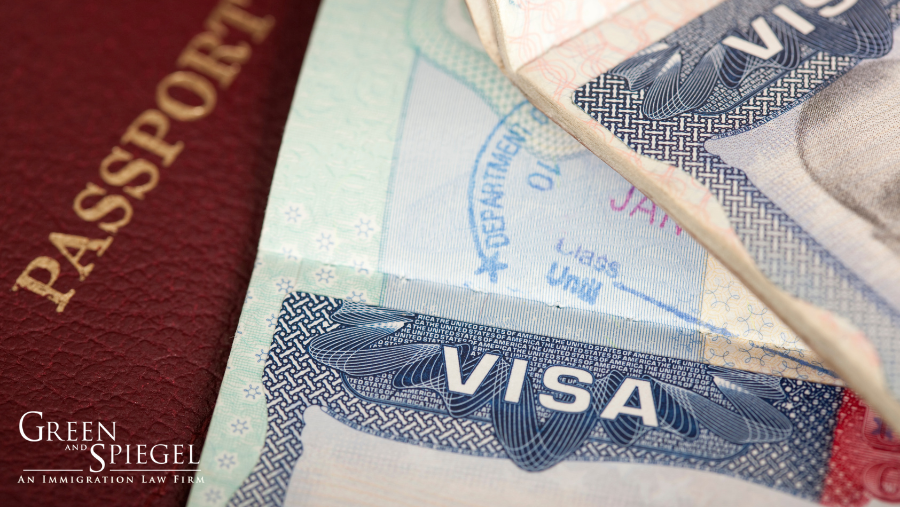On August 29, 2024, the Department of Homeland Security (“DHS”) resumed processing of Advance Travel Authorizations (“ATAs”) in the parole processes for certain nationals of Cuba, Haiti, Nicaragua, and Venezuela (“CHNV”). DHS had previously paused the parole program pending an investigation into fraudulent applications. Eligible individuals from these countries may now submit new applications, while potential CHNV beneficiaries who have already submitted applications should continue to monitor their myUSCIS account for updated information regarding their ATAs. Individuals with a valid, unexpired ATA are permitted to travel.
The program, which began in 2022 for Venezuelans and was expanded to include Cubans, Haitians, and Nicaraguans in early 2023, allows CHNV nationals to apply for legal entry and temporary work authorization in the U.S. with the support of a sponsor. Sponsors are individuals legally living in the U.S. who complete and submit initial applications for migrants from these countries who wish to enter the U.S. Sponsors must vouch that they can financially support the migrants once they arrive.
In implementing the temporary pause, DHS cited concerns about small numbers of sponsors who had allegedly agreed to sign on in support of a large number of prospective migrants. It also voiced concerns about repeated uses of the same Social Security numbers in different sponsorship applications, among other issues.
In its most recent update, DHS stated that it has now implemented updated safeguards that incorporate rigorous enhanced vetting in the supporter application process in order to mitigate these issues.
If you have any questions about your eligibility for the humanitarian parole program as either a sponsor or a beneficiary, please contact Stephen Antwine at santwine@gands-us.com or 215-395-8959.





